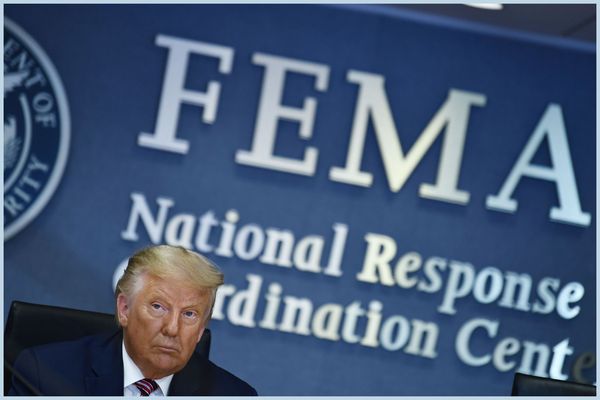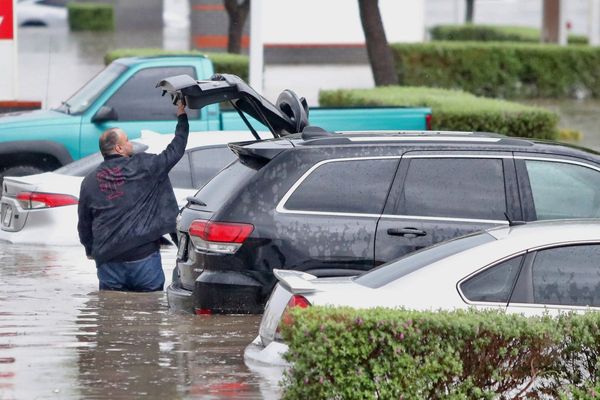The federal government wants to extend the current gas price cap through to mid-2025, after its extraordinary intervention into the market in December.
The government set a temporary $12 a gigajoule limit on gas at the end of last year after receiving warnings from Treasury that energy prices were set to soar by about 50 per cent over 2023 and the first half of next year.
The government also said it would establish a code of conduct for the industry to begin next year, that would include a "reasonable pricing provision".
Today a draft of the code was released that proposes extending the price cap for a further 18 months beyond the end of this year.
It would also introduce a range of exemptions for smaller gas producers who don't export gas, and larger producers who agree to domestic supply commitments.
Energy Minister Chris Bowen told ABC's AM program the new code would ensure producers didn't "revert to normal" at the end of this year.
"This is all about cutting the link between very volatile international gas prices and the prices Australian industries and households pay for gas," Mr Bowen said.
Exemptions will be given for small producers who only supply Australia and for suppliers who committed to "tightly defined" enforceable undertakings to produce and supply gas into the domestic market at a reasonable price ahead of time.
Mr Bowen said 97 per cent of gas in Australia was produced and sold below the $12 price cap prior to the invasion of Ukraine.
"Clearly gas companies can be very profitable at that level," Mr Bowen said.
Despite the market intervention, the federal government has forecast prices will still rise by a smaller amount this year and next.
The ABC estimated in December that the government's one-year intervention would wipe $230 from people's future power bills on average, but that they would still increase by several hundred dollars before the middle of next year.
Prime Minister Anthony Albanese said the price cap had successfully put downward pressure on power prices.
"The Russian invasion of Ukraine has led to an enormous spike. It's led to every country in the world, every advanced economy taking measures that could be seen as extraordinary because it's not business as usual," Mr Albanese said.
The federal opposition said it was worried the code of conduct would put investment in the sector at risk.
Shadow Treasurer Angus Taylor said the Coalition was still looking at the proposal.
"This gives enormous discretion to the government about how they treat individual players in the industry and that risks freezing investment," he said.







